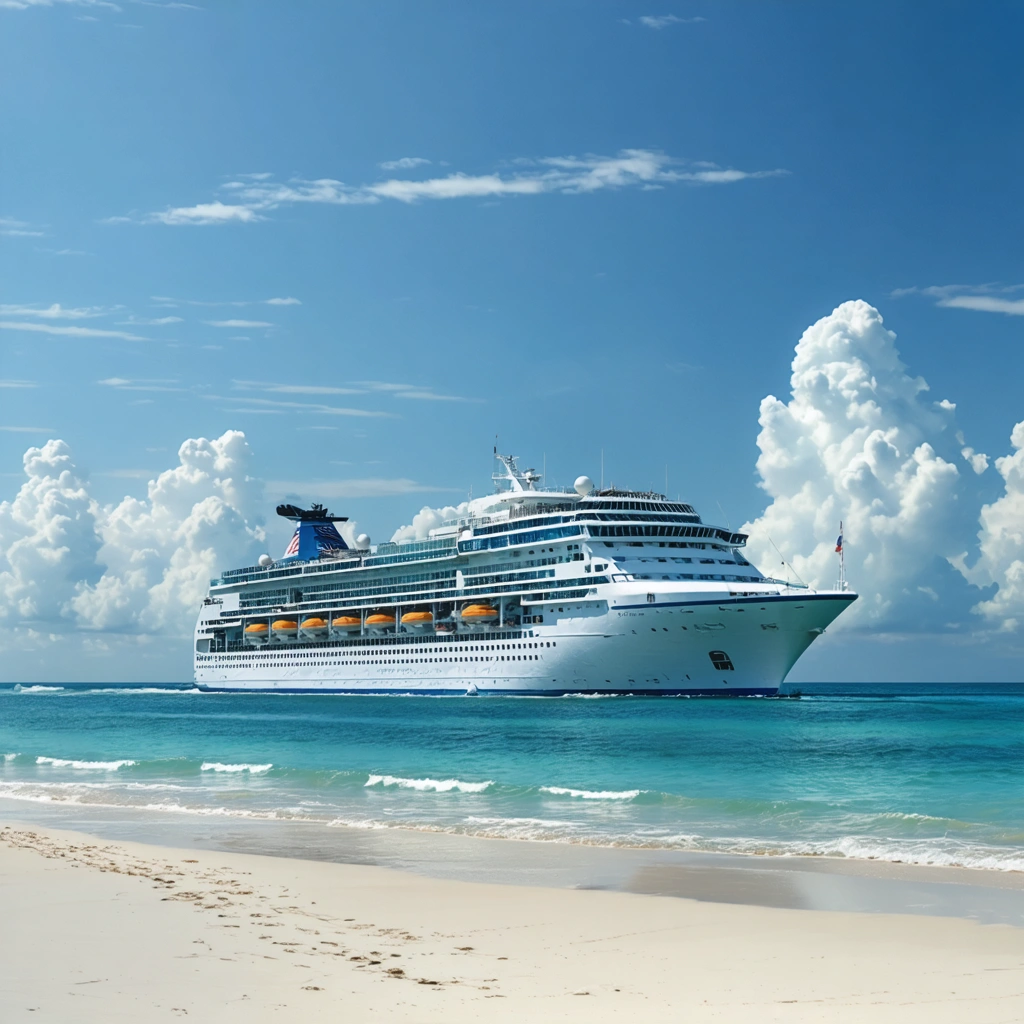
Introduction
The environmental impact of cruise ships is a growing concern worldwide. In Key West, a popular cruise ship destination, recent tests reveal that these large vessels can stir up sediment to the same degree as a hurricane. This has significant implications for marine life and the overall health of the marine ecosystem.
Cruise Ships and Sediment Disruption
Cruise ships, due to their size and the force of their propellers, have the capacity to disrupt sediment on the seafloor. This process, known as resuspension, can lead to increased turbidity in the water, reducing light penetration and affecting photosynthesis in marine plants and algae.
Testing in Key West
Testing in Key West has shown that the sediment stirred up by cruise ships routinely exceed federal standards. In response to these alarming findings, Key West has temporarily suspended further testing.
Implications for Marine Life
Increased sediment in the water can have detrimental effects on marine life. It can clog fish gills, impairing their ability to breathe. Furthermore, it can smother coral reefs, disrupting their growth and reproduction.
Response and Mitigation Strategies
Stemming from these revelations, authorities in Key West and the wider cruise ship industry have a responsibility to address this issue and implement mitigation strategies.
Regulation of Cruise Ship Traffic
One potential strategy could be to regulate the number and size of cruise ships that can visit Key West. Limiting the amount of cruise ship traffic could help to reduce the overall amount of sediment disruption.
Technological Innovations
In addition, the cruise ship industry could invest in technological innovations to reduce the environmental impact of their vessels. This could include designing ships and propellers in a way that minimises sediment disruption.
Environmental Awareness and Education
Raising awareness about the issue among cruise ship passengers and the general public is also essential. Education campaigns could focus on the impact of cruise tourism on marine ecosystems and the importance of sustainable travel practices.
Conclusion
The findings in Key West serve as an urgent reminder of the environmental implications of cruise ship tourism. It is crucial for authorities and the cruise ship industry to take proactive steps to reduce these impacts and ensure the sustainability of marine ecosystems.




